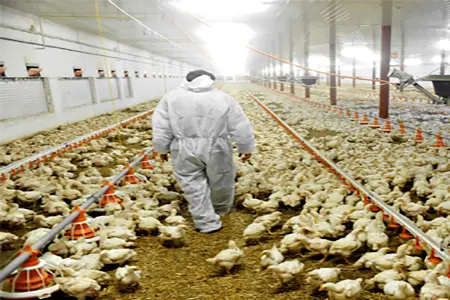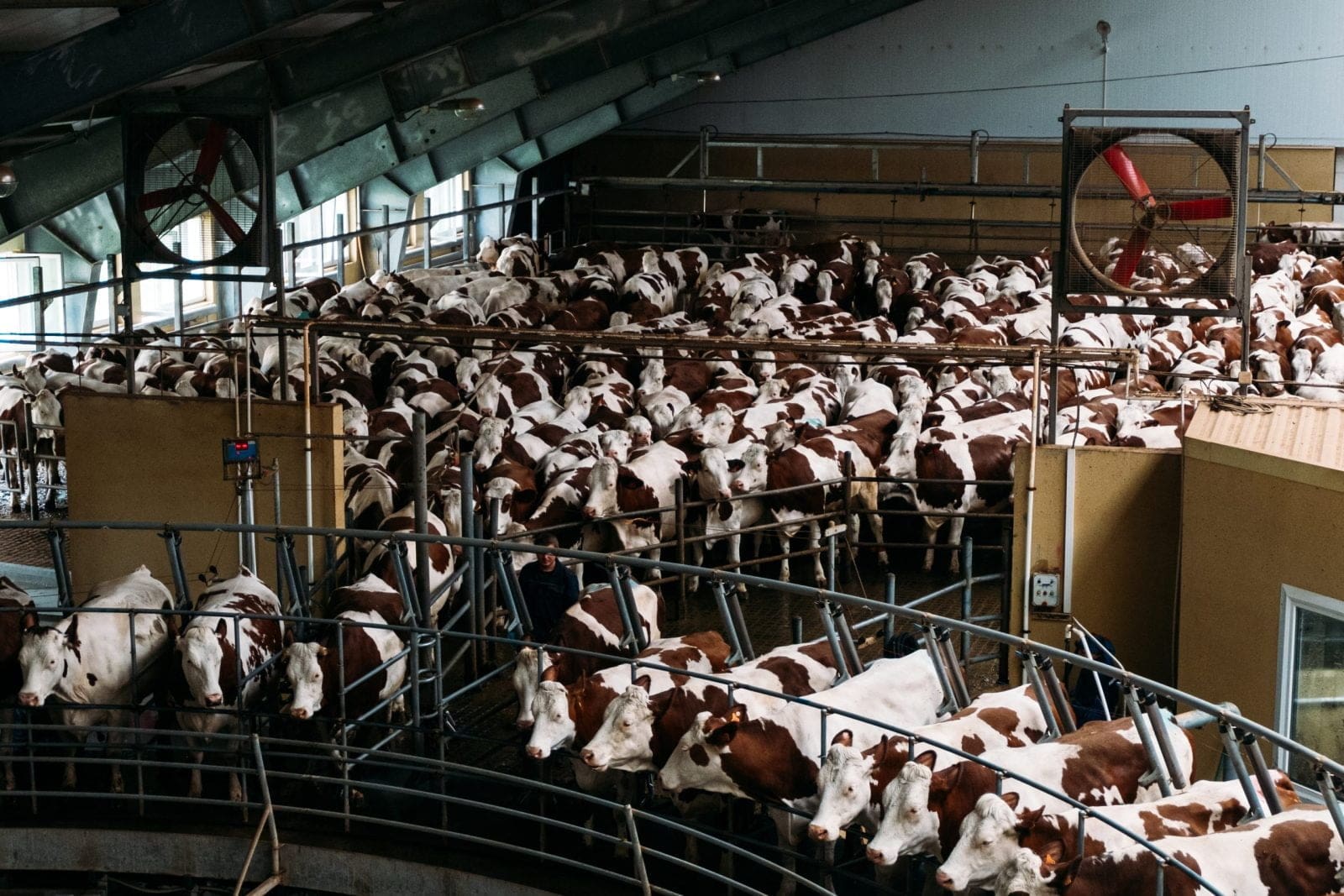The Social Justice category deeply examines the intricate and systemic links between animal welfare, human rights, and social equity. It reveals how intersecting forms of oppression—such as racism, economic inequality, colonialism, and environmental injustice—converge in the exploitation of both marginalized human communities and non-human animals. This section highlights how disadvantaged populations often face the brunt of industrial animal agriculture’s harmful impacts, including environmental pollution, unsafe working conditions, and limited access to nutritious and ethically produced food.
This category emphasizes that social justice is inseparable from animal justice, arguing that true equity requires recognizing the interconnectedness of all forms of exploitation. By exploring the shared roots of systemic violence against vulnerable humans and animals, it challenges activists and policymakers to adopt inclusive strategies that address these overlapping injustices. The focus extends to how social hierarchies and power dynamics sustain harmful practices and prevent meaningful change, underscoring the need for a holistic approach that dismantles oppressive structures.
Ultimately, Social Justice advocates for transformative change—promoting solidarity across social and animal rights movements, fostering policies that prioritize fairness, sustainability, and compassion. It calls for creating societies where dignity and respect extend to all beings, acknowledging that advancing social justice and animal welfare together is crucial to building resilient, equitable communities and a more humane world
Animal agriculture is an integral part of our global food system, providing us with essential sources of meat, dairy, and eggs. However, behind the scenes of this industry lies a deeply concerning reality. The workers in animal agriculture face immense physical and emotional demands, often working in harsh and dangerous environments. While the focus is often on the treatment of animals in this industry, the mental and psychological toll on the workers is often overlooked. The repetitive and arduous nature of their work, coupled with the constant exposure to animal suffering and death, can have a profound impact on their mental well-being. This article aims to shed light on the psychological toll of working in animal agriculture, exploring the various factors that contribute to it and its implications on the workers' mental health. Through examining the existing research and speaking to workers in the industry, we aim to bring attention …
























































